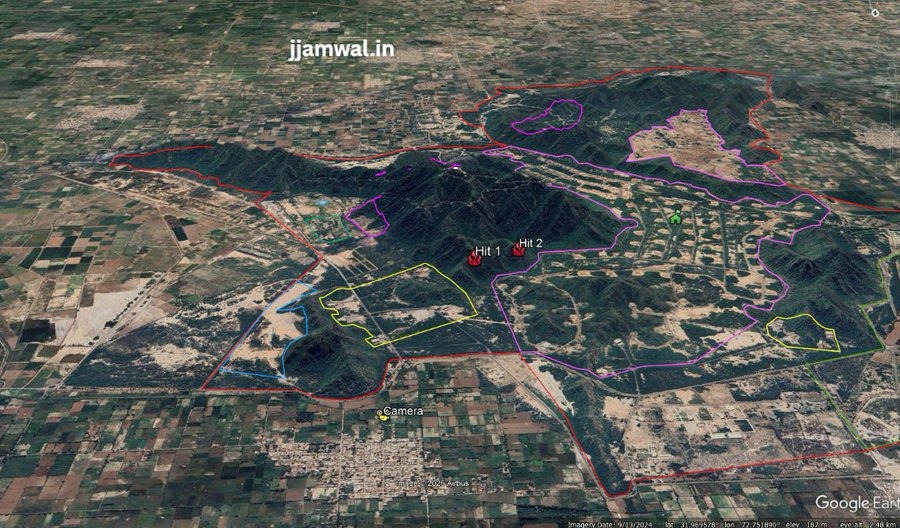Pakistan Nuclear Leak Rumors Dismissed Amid Tensions
The denial of a nuclear leak in Pakistan's Kirana Hills has eased concerns about a potential radiation leak, but the incident highlights the ongoing tensions between India and Pakistan and the need for continued cooperation to prevent the risks of nuclear fallout. The use of precision airstrikes and the potential for tactical nuclear weapons raises questions about the future of warfare and the need for nations to rethink their strategies and doctrines.

The International Atomic Energy Agency (IAEA) has denied reports of a nuclear leak in Pakistan's Kirana Hills, following Indian airstrikes in the region. The agency stated that there was no radiation leak or release from any nuclear facility in Pakistan, contradicting speculation that a radiation leak was the reason behind the ceasefire between India and Pakistan.
The Kirana Hills site, a remote location with a history of clandestine nuclear tests in the 1980s, was reportedly targeted by India in a precision airstrike using a BrahMos missile. However, both Indian and Pakistani officials have denied the claims, with the Indian Air Force's director general of air operations stating that India had not targeted Kirana Hills or any nuclear installation in Pakistan. The Ministry of External Affairs also rejected reports of a radiation leak, stating that the military action was within the conventional domain.
The incident highlights the risks of nuclear fallout and the importance of India's growing mastery over "non-escalatory strategic strikes." The strike at Kirana Hills sends several messages, including a warning to Pakistan that no location is immune, a message to China that its nuclear umbrella over proxies won't shield clandestine buildup, and a signal to the world that India is evolving beyond defensive postures. The incident also raises questions about the future of warfare, including the use of tactical nuclear weapons, miniaturization, and precision strikes.
The IAEA's statement and the denials from Indian and Pakistani officials have helped to alleviate concerns about a potential nuclear leak. However, the incident underscores the need for continued vigilance and cooperation between nations to prevent the risks of nuclear fallout and to ensure regional stability. As tensions between India and Pakistan continue to simmer, the international community will be watching closely to see how the situation develops.